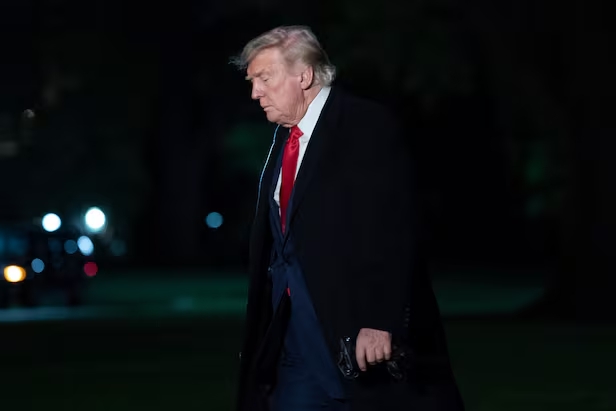
Goldman Sachs Warns of Potential Job Losses Due to Tariffs
Recent analysis by Goldman Sachs indicates that the broad-based tariffs implemented by President Donald Trump could lead to a substantial increase in unemployment rates across various sectors in the United States.
Although the report acknowledges that the tariff strategy might result in the creation of 100,000 manufacturing jobs, it warns that job losses in other industries could reach 500,000. This projection does not take into account the potential onset of a recession, which could further exacerbate job market conditions.
Industries that depend heavily on imported components, such as heavy machinery and semiconductor manufacturers, are likely to bear the brunt of these tariffs.
The Goldman Sachs findings draw upon a wide range of academic research focused on the implications of tariffs and their economic effects.
Tariffs act as a tax on imports, which are borne by American companies and often lead to increased consumer prices in the U.S. Despite this, President Trump continues to assert that tariffs will bolster revenue and enhance the country’s bargaining position internationally.
On April 2, tariffs were imposed on goods from 185 nations, although many were reduced to 10% following economic turmoil and a significant drop in Treasury bond sales. High tariffs remain in effect for Chinese products, which constitute approximately 17% of all U.S. imports.
Previously, Goldman Sachs had released a report highlighting that Trump’s extensive federal spending cuts could negatively impact hiring trends.
“Uncertainty about both tariffs and government spending cuts could depress job growth,” the report stated. “We estimate that trade policy uncertainty will exert a roughly 20k drag on monthly employment growth, that the direct effects of federal spending cuts will reduce federal government payroll growth by 25-30k jobs per month this year, and that uncertainty about federal payments will reduce hiring by about 35k in sectors that rely heavily on federal funding such as state and local government, healthcare, and education.”
The long-term effects of the tariffs remain uncertain, but the achievement of Trump’s objectives of revenue and job growth appears doubtful according to both reports.
A representative from the White House has not yet commented on the matter.





